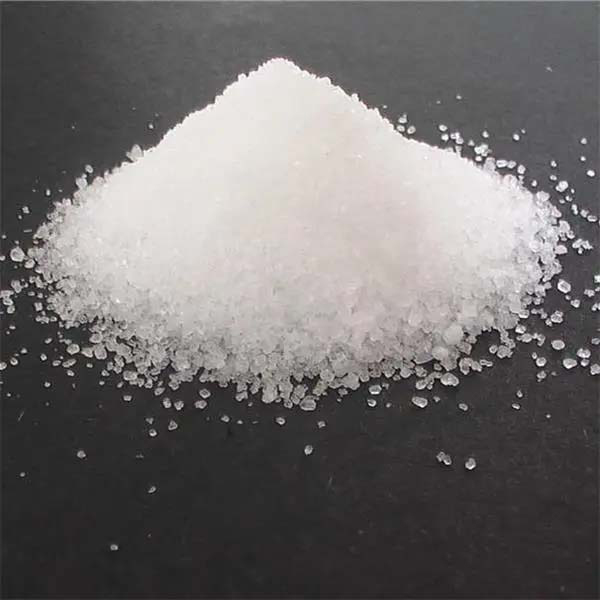Introduce:
In today’s fast-paced world, where agricultural practices continue to evolve, the need for efficient and sustainable fertilizers has become more important than ever. One such compound that has gained popularity in recent years is monopotassium phosphate (MKP). This blog aims to shed light on the operations of MKP’s monopotassium phosphate plant, highlighting the importance of this compound in modern agriculture and the steps taken to ensure quality and sustainability.
MKP Monopotassium Phosphate Plant: What’s going on?
Tianjin Prosperous Trading Co., Ltd. is a specialized manufacturing unit that produces this important compound mainly used in modern agriculture. MKP is a water-soluble phosphate fertilizer that plays a key role in improving crop yield and quality. Its high phosphorus and potassium content makes it ideal for a variety of crops, especially those that need to promote root development, flowering and fruiting.
Quality assurance:
Quality control is critical in the manufacturing process of MKP. From the selection of high-quality raw materials to final packaging, strict quality inspections are required. MKP Monopotassium Phosphate Factory has a team of experienced professionals who monitor every stage of the production process to ensure compliance with set standards. Laboratory tests are performed regularly to check the physical and chemical properties of the compounds and guarantee their purity and effectiveness.
Sustainable Manufacturing Practices:
In recent years, the need for sustainable agricultural practices has become central to the global conversation. The MKP Monopotassium Phosphate Factory is no exception and adopts environmentally friendly methods. These factories incorporate a variety of sustainable practices into their manufacturing processes. One way is to utilize advanced technology and energy-saving equipment. This reduces energy consumption, minimizes waste, and helps reduce your carbon footprint.
Additionally, these plants often implement water recycling systems to protect this valuable resource. Conserving water by reusing it at all stages of production not only minimizes water waste but also reduces the overall impact on the environment.
Partnerships with farmers:
The MKP monopotassium phosphate plant also embraces collaboration and partnership with farmers, understanding the critical role they play in sustainable agriculture. Through knowledge sharing programmes, workshops and training sessions, farmers can learn about the best use of MKP fertilizers and its beneficial effects on their crops. These initiatives not only ensure responsible use of fertilizers but also help increase agricultural productivity.
Future Outlook and Conclusion:
As the demand for high-quality fertilizers continues to grow, the importance of monopotassium phosphate (MKP) in modern agriculture cannot be underestimated. MKP monopotassium phosphate plants play a vital role in meeting this demand while maintaining the highest quality control and sustainability standards.
Looking to the future, these facilities are committed to continuous innovation and development to stay ahead of the changing agricultural landscape. By strengthening partnerships with farmers, adopting sustainable manufacturing practices and prioritizing quality control, MKP monopotassium phosphate plants will revolutionize modern agriculture, contributing to increased crop yields and sustainable food production for a better future .
Post time: Nov-28-2023

